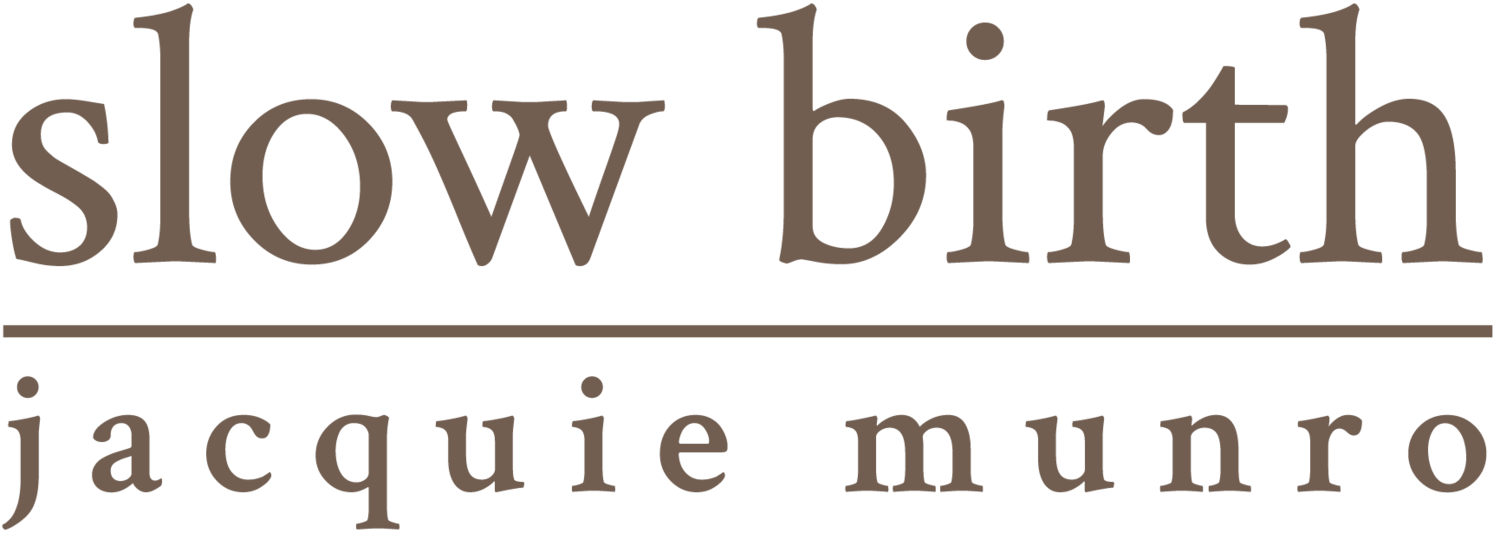I've been doing a lot of family research this month, in preparation for the next bucket-list trip with my husband. This trip will take us back in time, to the Outer Hebrides, to Stornoway, to the Isle of Berneray. It might take a year or more to even begin to understand this place where the Munros were "born", but we will get there.
I'm looking forward to standing, in our "weatherproof" gear, on a white sand beach, holding onto each other, face to face, hoods touching, eyes bright, hanging on for dear life in a 65 km/h gale!
The peat, the kelp, the blowing wind and the white sand are in my husband's DNA, and I love that part of him the best! However distant Berneray is in time and space, the struggles and joys of the Munros come from there, and I need to fully understand the place to fully understand him, us as a couple, and our children (the work never stops).
How is this connected to birthing, parenting and family? In every way.
I've been reading the Scottish census records, right back to the early 1800s, discovering large families - husband (Head) and wife (Farmer's wife), with sons and daughters - up to 13 children living with their parents in thatched blackhouses on small crofts on windswept islands on the edge of the "civilized" world.
On the tiny Isle of Berneray, Harris, each family had a herd of sheep, a few highland cows, and a few acres of machair fertilized with dung and kelp, gathered from the beach by the family, for growing the Berneray potatoes that taste like the soil and the sea. On good days, they could fish in the calmer waters of the eastern shore. In 1851, there were just a couple of hundred people (really only about 20 families) living on Berneray in rented crofts. They were cleared from the land a few years later by the landowner and were flung away like sand. Some headed north, some south, and some crossed the seas to North America and Australia.
Our children are their great great great grandchildren.
Did these women and men have time to consider their preparedness for each new baby? How did they cope with the work load of caring for so many children? How did they cope with the fragile nature of their own life? their children's lives? Did they lie awake every night wondering what would happen to their children if they contracted consumption or pneumonia? Did the workload wash away their sadness? Or did it make it worse?
Their joys and losses were no less powerful than our joys and losses.
They had jobs to do. Life was hard. They sang. They got things done. They had to. They figured things out. They worked cooperatively with the other families. The mothers nursed their babies. The older children went down to the sea to gather kelp or muck out the byre. The seasons and the weather dictated what needed to be done. right. now.
These women strapped their babies onto their bodies and just headed outside into the wind.
This is a wind that blows so hard that you can hardly open the door.
Today, birthing a baby is still the hardest thing that you will ever do. It rocks you to your core. Your body, which takes 9 months to make a baby, takes
twice
that time to physically recover afterwards. Imagine doing that 10 times or more. (Maybe you'd be happy when your husband left to join the militia. He might leave for years to live on the mainland in barracks, but you might just have a few years free of pregnancies.)
Today...when you approach the birth of your second child or third child, you worry whether you will get your body back, or whether that 10 extra pounds will really be yours to carry always as a reminder of your last baby. As a man, you wonder how you will balance work and family. Will you need a new car? Will you lose your autonomy, your dreams, your old self? Will you lose your connection to your love, the person you married? Will you lose your couple-bond in midst of daily chores and the continual work load of caring for children in this fast-paced world?
Will you emerge stronger together? Will you emerge together?
Take some time to think about who your ancestors were. They worked hard for you.
Take some time.
On our large Munro family tree, each person's life is reduced to two dates - birth and death. It stuns me. Our lives are just a blink - much too short to let things slip away unnoticed, unspoken, or unheard.
So take some time to remember those people who lived in the wind on the edge of the world - who could not let things slip away. They lived with life and death daily. They were hardy, blunt, outspoken, fiery, but equally quick to laugh, to cry. Their gaelic psalms sound like strange wailing. They were open and flexible, ready to move like the wind.
In 2013, faced with the challenges of this busy world, we might not face imminent death daily like our ancestors, but we must still be fierce, drawing on the lessons that birth has taught us, that our ancestors have taught us, fighting to remain connected to each other as couples and as families. For ourselves. For our children. For their children.
Today, in this busy city, we still have to call to each other over the wind that is trying to blow us apart, pressing the doors shut.
This is life. Face each other, eyes locked, laugh and hold on tight.
Blink.

